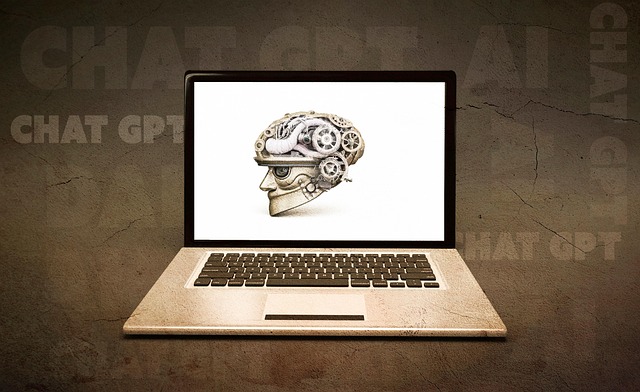AI chatbots and assistants have transformed customer interactions across industries, offering 24/7 availability, instant responses, and unparalleled personalization through NLP and machine learning. They analyze vast user data to provide tailored content and recommendations, enhancing satisfaction and fostering loyalty. Integrating best practices like NLP and Emotional Intelligence algorithms, along with transparent data collection practices and robust security measures, ensures positive customer experiences as AI chatbots and assistants become more integrated into daily life. "AI chatbot," "AI assistant," and "AI customer service" drive this revolution, prioritizing user privacy and trust through informed choices and secure technologies.
“The integration of AI chatbots and assistants is revolutionizing the way businesses interact with their customers. This article explores how these technologies are creating unique, personalized user experiences on a massive scale. From AI-driven customer service that enhances support to ethical considerations regarding privacy and trust, we delve into the benefits and best practices of implementing AI in various sectors. Discover how AI chatbots and assistants are transforming traditional interactions into dynamic, tailored encounters.”
- The Rise of AI Chatbots and Assistants: Transforming Customer Interactions
- Personalization at Scale: How AI Enhances User Experiences
- AI-Driven Customer Service: Benefits and Best Practices
- Ethical Considerations: Ensuring User Privacy and Trust in AI Technologies
The Rise of AI Chatbots and Assistants: Transforming Customer Interactions

In recent years, the rise of AI chatbots and assistants has revolutionized customer interactions. These intelligent systems, powered by natural language processing (NLP) and machine learning, are now ubiquitous across various industries. They cater to a wide range of user needs, from simple inquiries and order placement to complex problem-solving and personalized recommendations. AI chatbots and assistants offer 24/7 availability, instant responses, and a level of convenience that traditional customer service models struggle to match.
With advancements in AI technology, these virtual agents are becoming increasingly sophisticated. They can understand context, interpret nuanced language, and even display empathy. This transformation is not just about efficiency; it’s about creating unique user experiences tailored to individual preferences and behaviors. By analyzing vast amounts of data, AI chatbots and assistants can anticipate customer needs, proactively offer solutions, and deliver a level of personalization that traditional customer service could only dream of achieving.
Personalization at Scale: How AI Enhances User Experiences

Personalization at scale is one of the most significant benefits that AI brings to user experiences. AI chatbots and assistants can analyze vast amounts of data about users’ behaviors, preferences, and interactions, allowing them to deliver tailored content, recommendations, and support. This level of customization isn’t feasible for human customer service representatives due to time constraints and the limitations of manual memory.
For example, an AI assistant can remember a user’s previous purchases, browsing history, and even their communication style, enabling it to offer personalized product suggestions or provide assistance in a way that feels natural and intuitive. This not only enhances user satisfaction but also increases engagement and loyalty, making AI customer service a game-changer in the digital landscape.
AI-Driven Customer Service: Benefits and Best Practices

AI-driven customer service is transforming the way businesses interact with their clients, offering numerous benefits in terms of efficiency and personalization. AI chatbots and assistants can handle a high volume of customer inquiries, providing immediate responses around the clock. This not only improves customer satisfaction by reducing wait times but also allows human agents to focus on more complex issues, enhancing overall productivity.
Best practices for implementing AI customer service include ensuring natural language processing (NLP) capabilities for seamless conversation flow and integrating emotional intelligence algorithms to recognize and respond appropriately to customer emotions. Regular training and updates based on real-world interactions are crucial to improving the accuracy and adaptability of these systems. Additionally, maintaining transparency about the use of AI ensures that customers feel valued and understood, fostering a positive experience.
Ethical Considerations: Ensuring User Privacy and Trust in AI Technologies

As AI chatbots and assistants become more integrated into daily life, ensuring user privacy and trust remains paramount. The collection and utilization of personal data by these technologies raise ethical concerns that must be addressed transparently. Users need to be informed about what data is being collected, how it’s used, and who has access to it. This transparency fosters trust, allowing users to make informed choices about their interactions with AI customer service tools.
Implementing robust data security measures is crucial for protecting user information. Encryption technologies and secure storage practices can safeguard personal details from unauthorized access or misuse. Additionally, designing AI systems with a focus on privacy by design ensures that data protection is integrated into every stage of development, minimizing the potential for privacy breaches.
